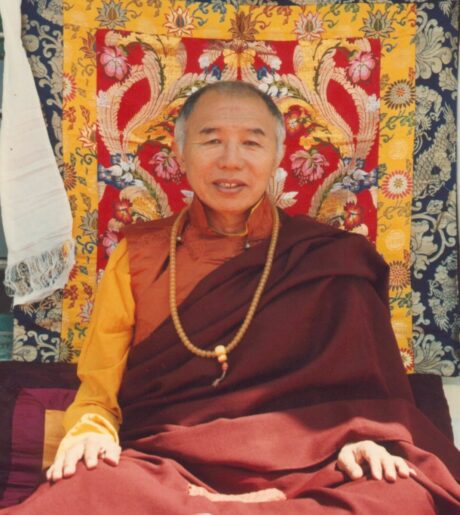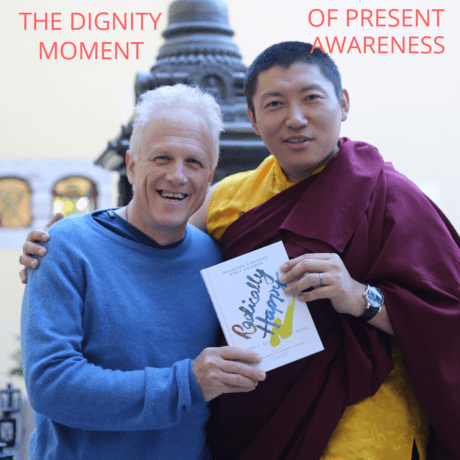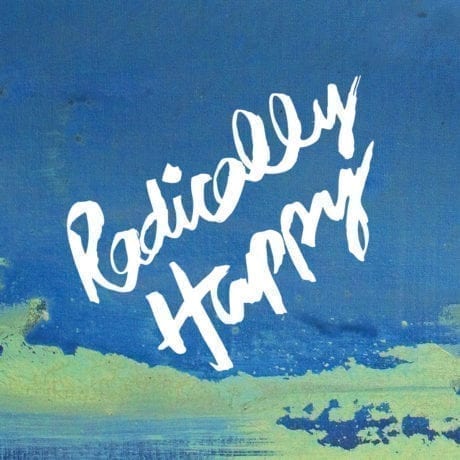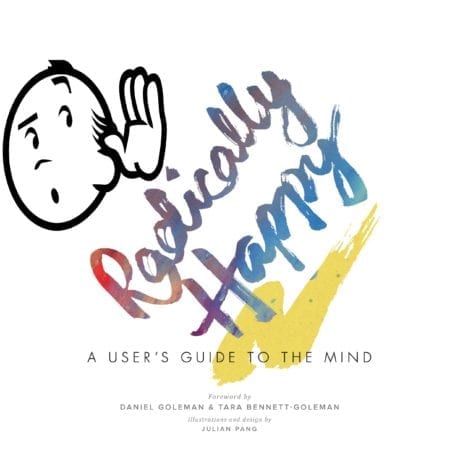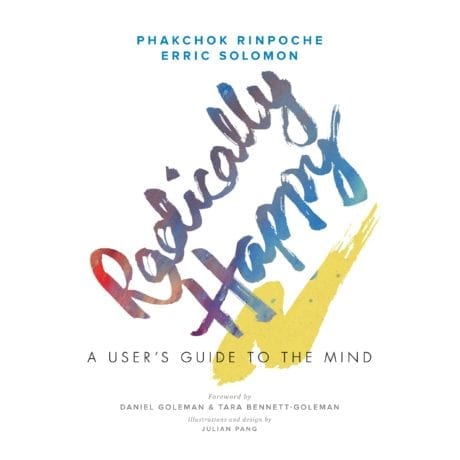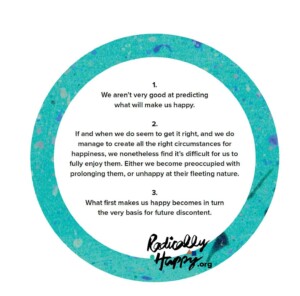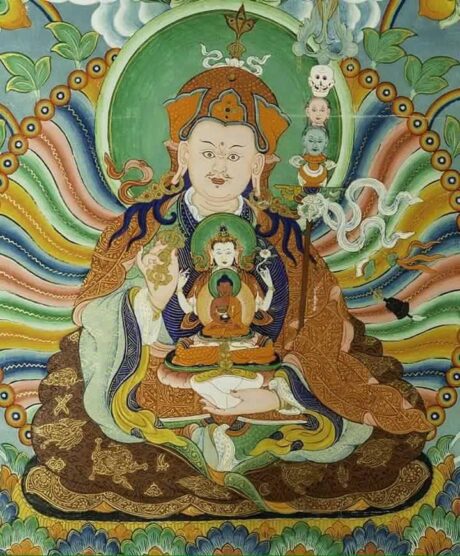
What Devotion Really Is, Part 2 – Cultivating Devotion and Sometimes Saying No
In modern culture, we seem to have lost the traditional regard for our mentors. In the old days, you apprenticed to a trade. Your master was not necessarily the easiest person to get along with. But they did teach you a trade, a way to eat, and you felt sincere gratitude, even love. This gratitude for mentors was a part of every human civilization.


